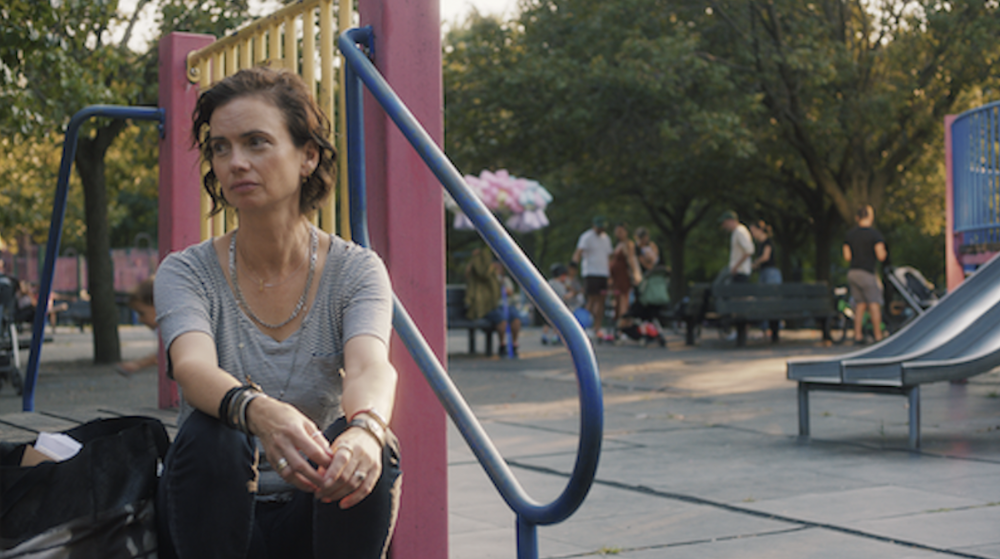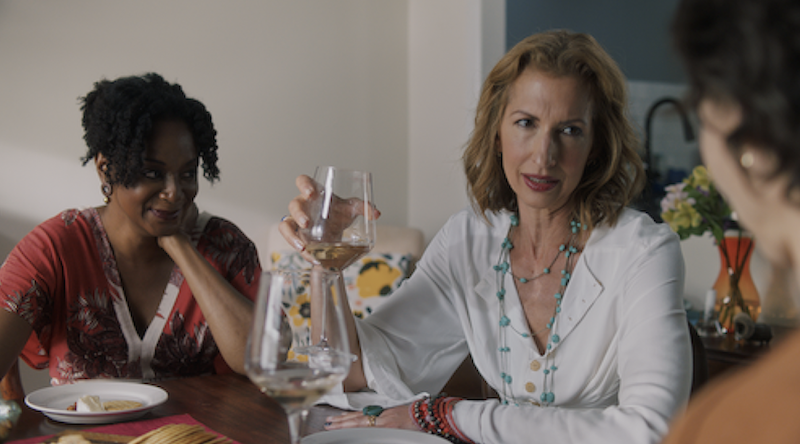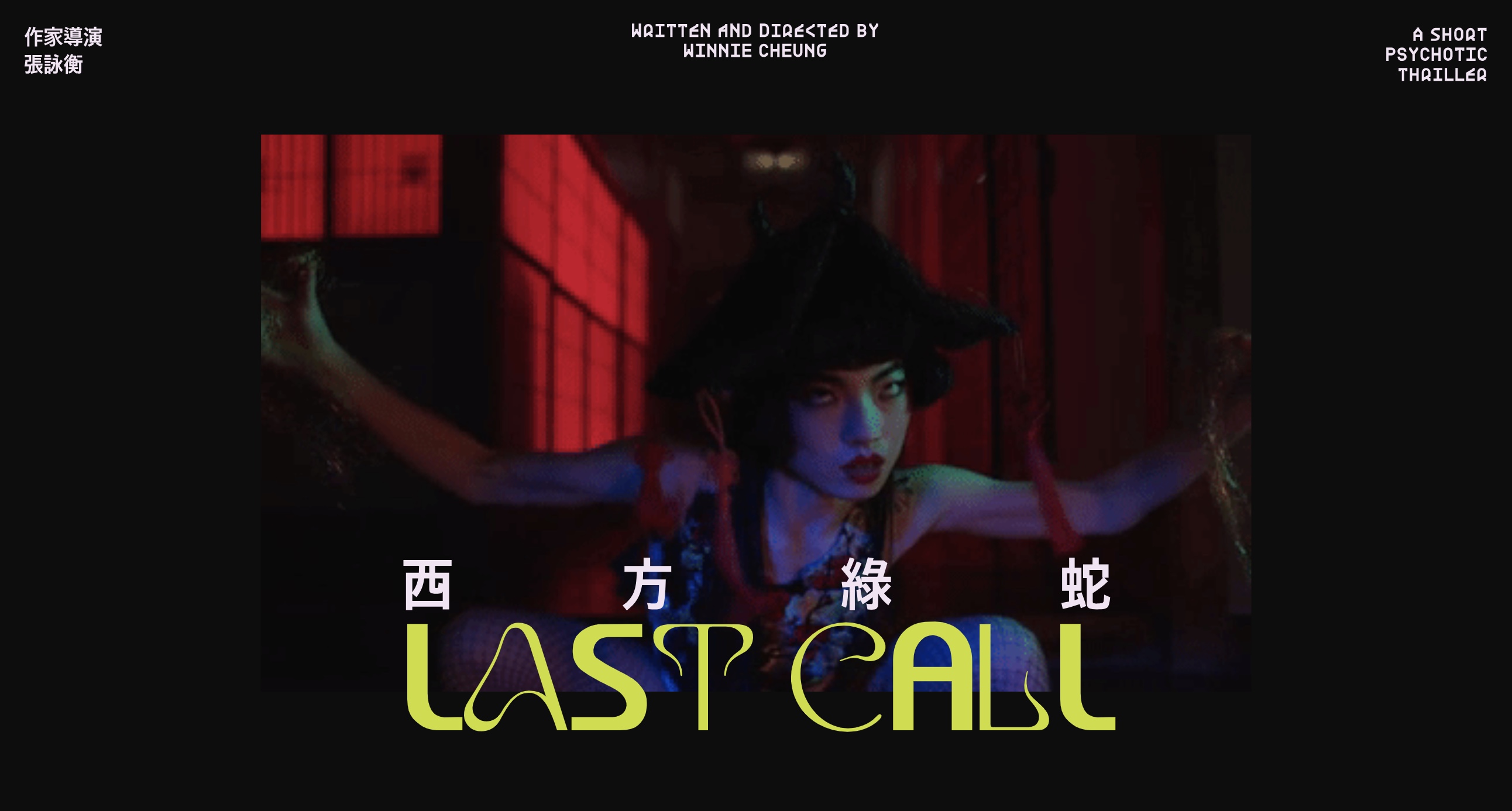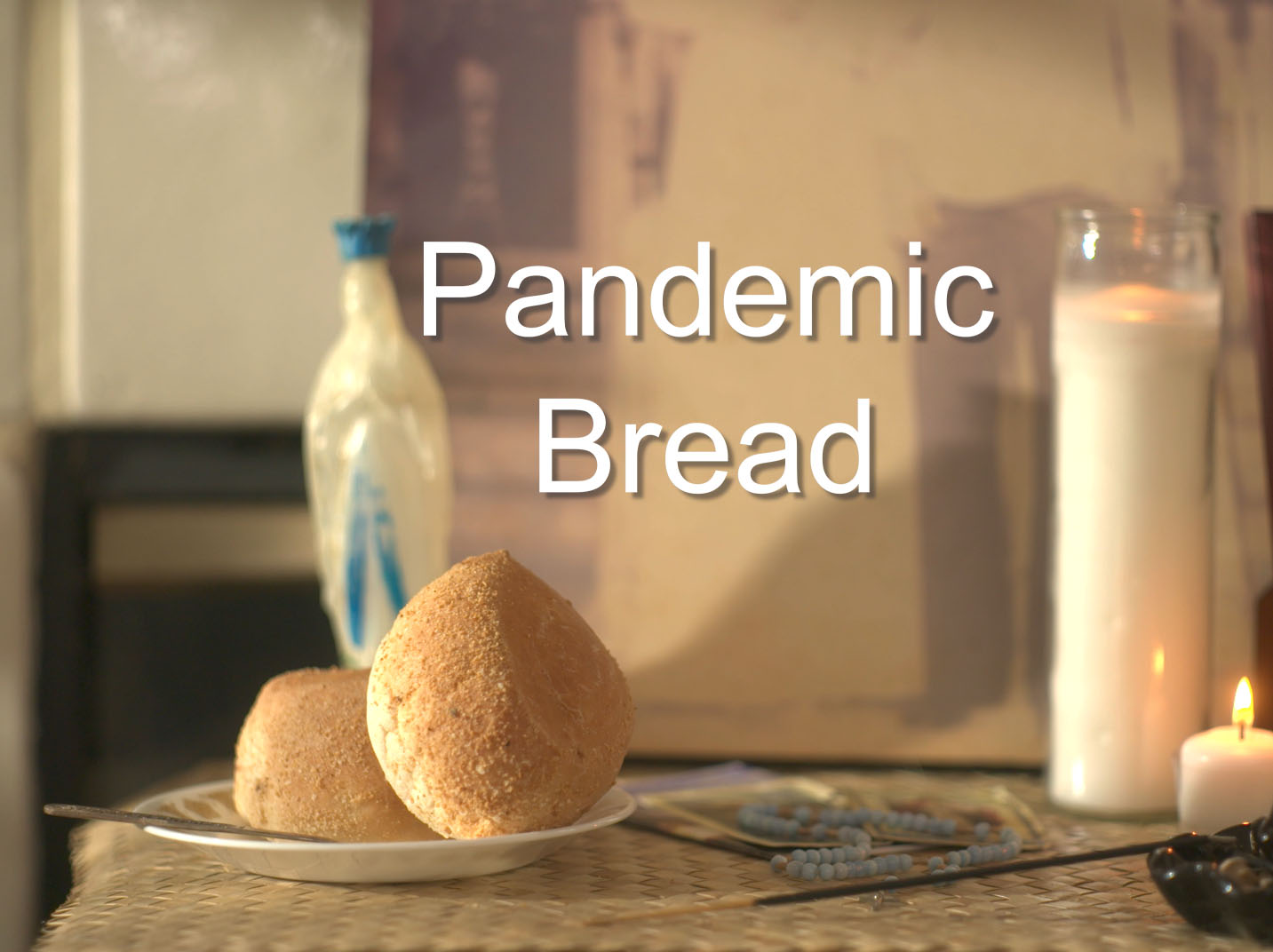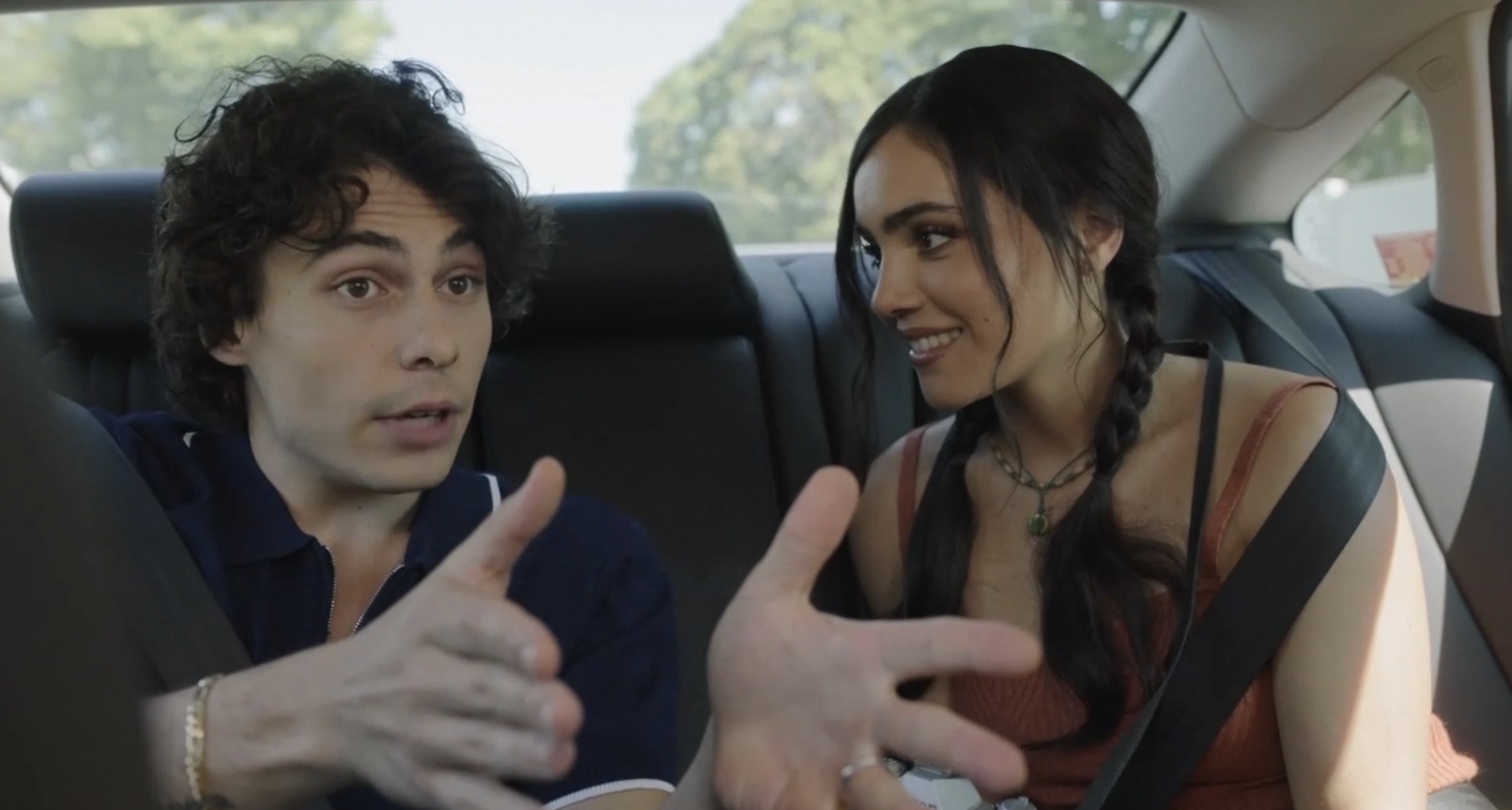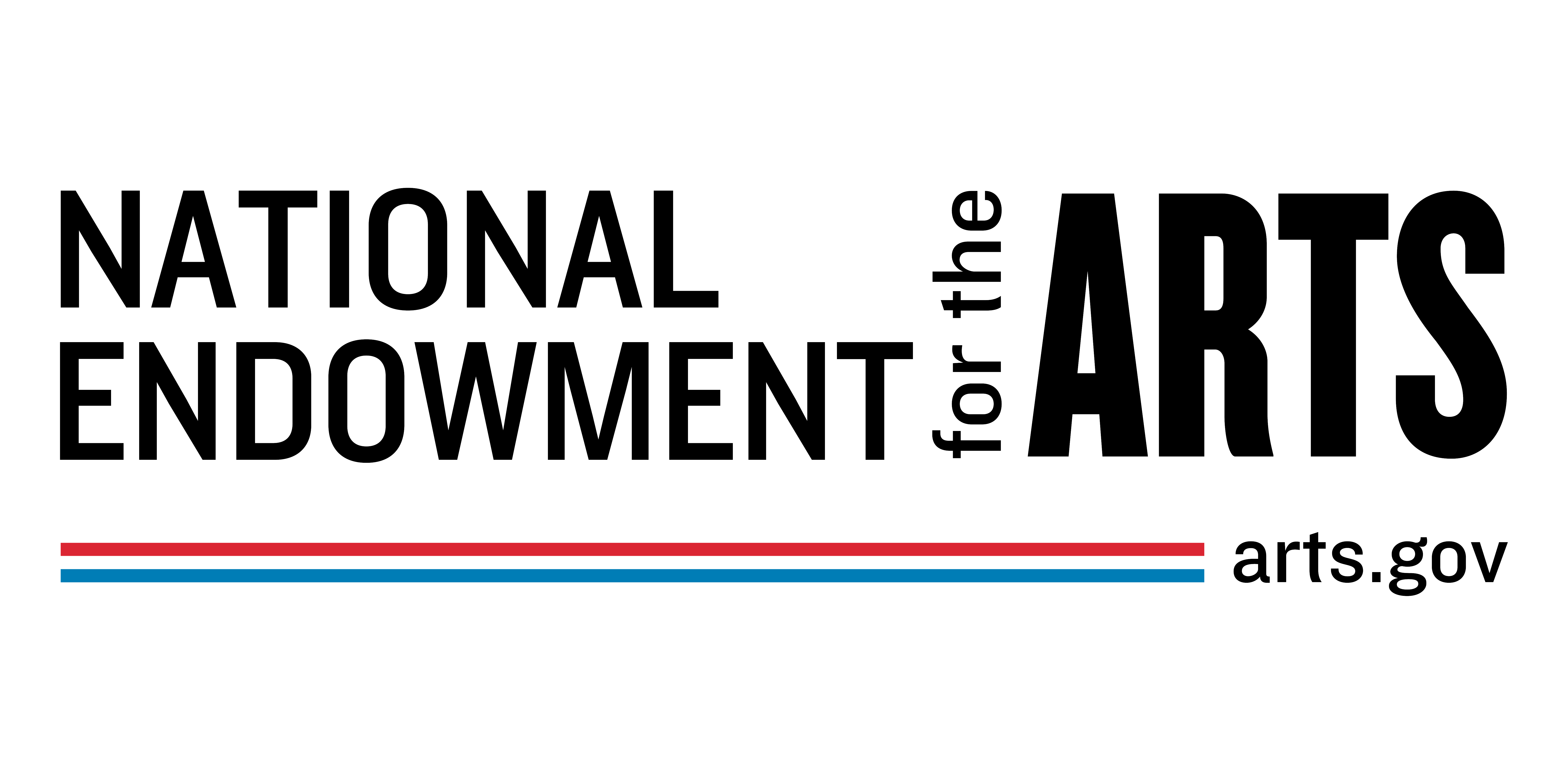Genre
Synopsis
RAMONA AT MIDLIFE opens as Ramona dreams about her estranged spouse, Carlos. Once a writer of some note, Ramona is now a good soldier. Every day, she wakes up early, makes breakfast for her daughter Kiki (8), drives her to school and shows up for an unremarkable job at an animal clinic -- her life as a writer on hold. Like many working parents, Ramona puts her child first. “Dear Patti Smith, “ Ramona writes, “When you were raising your kids in Saint Claire Shores, were you ever lonely like me?” But when Ramona learns that a hot filmmaker has made a film using her name, likeness, and actual references to her work, she can no longer ignore her feelings or push down her creative life. In seeking to discover what happened and what she can do about it, Ramona is pushed into a confrontation with the life she left behind. One of the great subjects of midlife is the confrontation that we must have between who we WERE and who we must become. I’ve written a trio of projects dealing with this confrontation – Ramona At Midlife, Elizabeth Snaps and The Healer. Since turning 40, I have gone out of my way to find and look to women who stand in opposition to cultural messaging about obsolescence and who defy “anti-aging” paranoia. I look to Patti Smith, Louise Bourgeois, Agnes Varda and my playwriting mentor Maria Irene Fornes. I loved when, in a Zoom discussion, Julianne Moore said that the antidote to invisibility is economic power. Women need to work, and we need to stay involved with our own creative voice. Having founded The Honor Roll, an online advocacy group for female-identified playwrights over 40 and our advocates, I can tell you that many of us feel sidelined. The other topic I’m wildly interested in is female friendship, ever the more vital as we age. Thus, the first call Ramona makes is to Imani, her former best friend and literary agent. Imani is a successful agent still deeply connected in the literary and book-to-film world, but she too is questioning her life at middle age – Imani wonders about being a mother. Imani suggests to Ramona that the film is “an homage.” The two friends haven’t spoken in almost a decade, and at first, it seems they might go another decade – until Imani agrees to help. Meanwhile, on the playground, Ramona learns that Sage, a younger playground mom and Instagram star is the source of the leak. “I think of you as a cautionary tale for women artists,” Sage tells Ramona. Sage invites Ramona to a party where she must face another old friend on the outs, creativity guru Gwen. After having one too many drinks, Ramona makes a scene and leaves the party in shame. Ramona goes on her first date in over a decade, with Ryan, one of the playground dads. And later, Ramona confesses to Carlos that she’s writing a novel in the form of letters to Patti Smith. Ramona consults a lawyer who advises her on her rights – and agrees to start litigating. Then Ramona gets fired from her job and all Hell breaks loose – When Carlos comes over to take care of her and Kiki, the two wind up in bed and must acknowledge they still have feelings for each other. Ramona finally gets a meeting with the filmmaker, who is charming and candid. Ramona is shocked to discover how much she "likes and hates him at the same time" – but more to the point, he feels like a peer. This scene wants to feel like an intellectual one-night stand, the kind of encounter in which each truly \\*sees\\* the other – and confesses and risks and feels – but ultimately walks away. “I didn’t expect to like you so much,” Ramona confesses as she’s leaving. But more to the point, through telling the story of her love affair with Carlos, Ramona realizes that she is no longer the woman she was at 30 when she wrote those essays – she has been reborn! Motherhood, working life, marriage and responsibility have left their mark on her and maybe on her writing. While she may not know exactly what she has to say next, she sure as Hell is going to say it. And she realizes that at the end of the day, the character in the movie may sound a lot like who she used to be – but that woman isn’t her. Ramona leaves the filmmaker asking only that he change the character’s name – but allowing him to go ahead with his movie. Ramona now rushes to the Rockaways to pick up Kiki. And there, she sees a unicorn – is it Patti Smith!? The movie ends with Ramona writing, her creative life alive, juices flowing… a midlife resurrection.
Bio
Brooke Berman’s feature Ramona At Midlife premiered at Bentonville Film Festival and has screened at festivals including: Woodstock, Heartland, Mystic (Audience Choice), NYITFF (Audience Choice, Best Feature), Florida Film Festival, Pasadena International Film Festival (nominated for Best Actress and Best Feature), Omaha Film Festival, Rome Independent Cinema Festival (Best Fiction Feature) and Ridgefield Independent Film Festival (Best Ensemble and Fountain Award).
Brooke has a has written films for Natalie Portman, Mark Gordon, Vox, Fugitive and Red Crown. She adapted and directed the short U4G which premiered at the Aspen International ShortsFest where it won Audience Special Recognition. ALL SAINTS DAY, a short film Brooke wrote, directed by Will Frears, won Best Narrative Short at the Savannah Film Festival and played at the Tribeca Film Festival. Brooke’s feature POLLY FREED was chosen to be part of New York Stage and Film’s Screenwriters Lab where it was mentored by Kyra Sedgewick, Zach Helm and Billy Goldberg and selected as part of the MOME (Mayor’s Office of NYC) inaugural finance lab for female filmmakers and NYWIFT From Script to Preproduction lab. PF has made it to “second round” for Sundance Screenwriting Labs two years in a row and won Best Screenplay at the Toronto Independent Film Festival in 2020.
Brooke trained as an actor with Anne Bogart and studied playwriting as a Lila Acheson Wallace Playwriting Fellow at Juilliard. She is a member of the WGA and an alumna of New Dramatists.
Screening History
World Premiere: Bentonville Film Festival 2023
East Coast Premiere, NY Premiere: Woodstock Film Festival, 2023
Heartland International Film Festival, 2023
West Coast Premiere: Pasadena International Film Festival
International/European Premiere: Rome Independent Festival of Cinema, won Best Fiction Feature
Awards History
Montreal International Film Festival 2021 - Best Unproduced Script
Credits
Actor - Alysia Reiner
Actor - Rosemarie Dewitt
Actor - Josh Radnor

